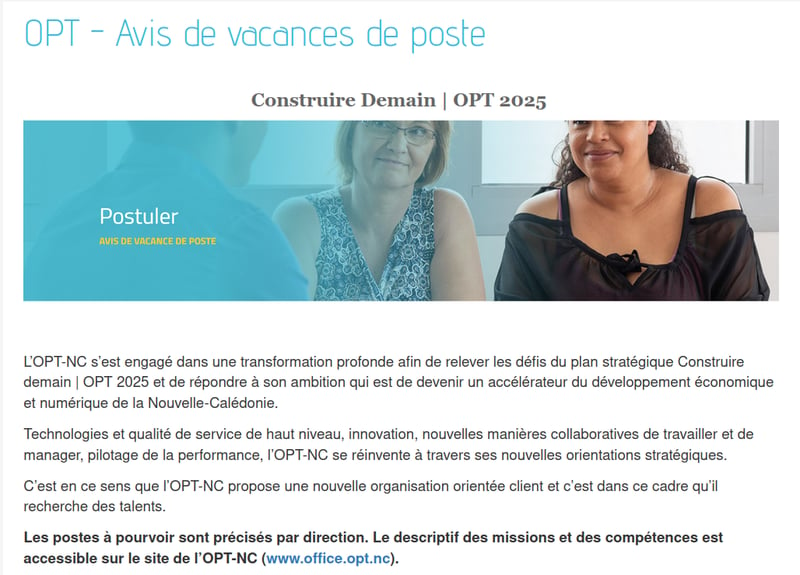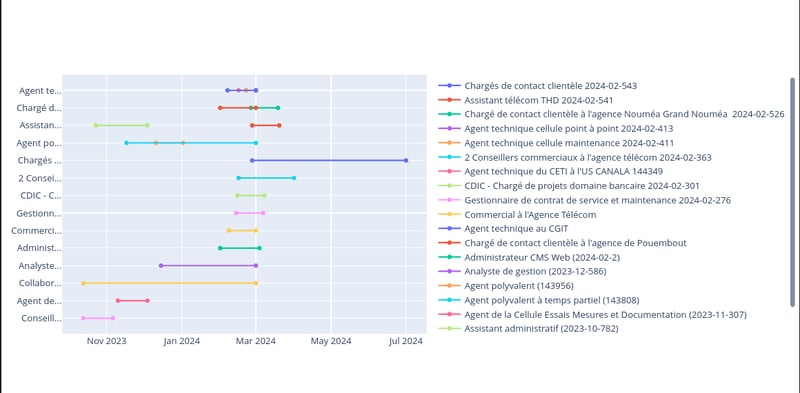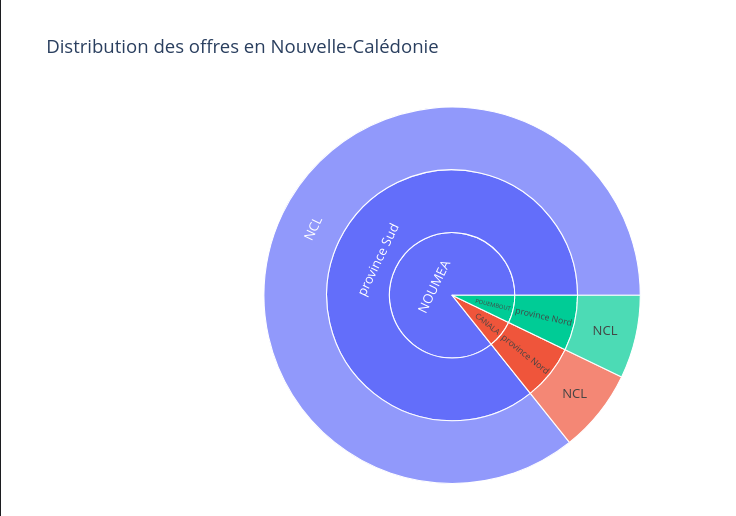💡 Shift-left thoughts
In IT, we usually think about Shift-left for our stack:
"Shift left is the practice of moving testing, quality, and performance evaluation early in the development process, often before any code is written."
And what if I told you that you need people to write code... and hence that you also have to shift left to embed recruitment process in your pipeline ?
👉 That's the main idea I recently started to explore...which lead me to create this content, in the hope to increase my holistic knowledge of the organization, at scale.
🎯 Context
I'm currently about to launch an exciting recruitment for my department.
In this context I decided to use this as an opportunity to learn more about recruitment process, with the ambition to have a positive impact on its performances and outcomes, at scale.
My goals are to:
- 🚀 Contribute to "become accelerator of economic and digital development in New Caledonia."
- 👨🚀 Help "reaching Reach High-level technologies and quality of service, innovation,"
- 🤩 Help implement "new customer-oriented organization,"
- 🪝 Help "seeking talents" by putting in evidence our data & automation approach
👉 This post is all about that ambition and the resulting journey.
🔭 "Building tomorrow" aka. OPT 2025
The OPT-NC has embarked on a profound transformation to meet the challenges of the strategic plan "Building Tomorrow | OPT 2025" and to fulfill its ambition to become an accelerator of economic and digital development in New Caledonia.
High-level technologies and quality of service, innovation, new collaborative ways of working and managing, performance management—OPT-NC is reinventing itself through its new strategic directions.
In this vein, OPT-NC is proposing a new customer-oriented organization, and it is within this framework that it is seeking talents.
The positions available are specified by department. The description of missions and skills is accessible on the OPT-NC website (www.office.opt.nc).
🤔 About
Working with the right people and the right skills is often seen by the end of the pipeline, I mean : you come to work in a team and everybody's already in place.
☝️ But all this starts with a crucial part : you need to get collaborators to build a team.
"Getting collaborators" is indeed a process, with a start date, an end date, documents, people involved, tools, KPIs (how many candidates, how many skills, ...) and of course all these can be described with data.
Today, I'll focus on these data, from many points of views:
- The recruiter (the customer of this process) : the manager who's looking for a new collaborator w/ a specific skillset
- The HR Team : the team that manages the whole process that has to respect date and rules
- The candidate : "The one who's looking for an appealing job"
- External Third parties that may benefit from this data for general purpose (researchers, government, public institutions,...)
🦥 Must watch key points
-
Asking
groqwhy providing job offers as an API do matter -
Asking
groqwhy providing job offers as an Open Source dataset matters - Unbox Kaggle dataset
- Build new customer experience with data with a first Kaggle Notebook
- Disrupt Job offer browsing customer experience w/ unprecedented data visualizations
🍿 Demo
At last, the demo:
🎀 Gift
Finally I added some more data about the Province:
see how with this 5' video:
























